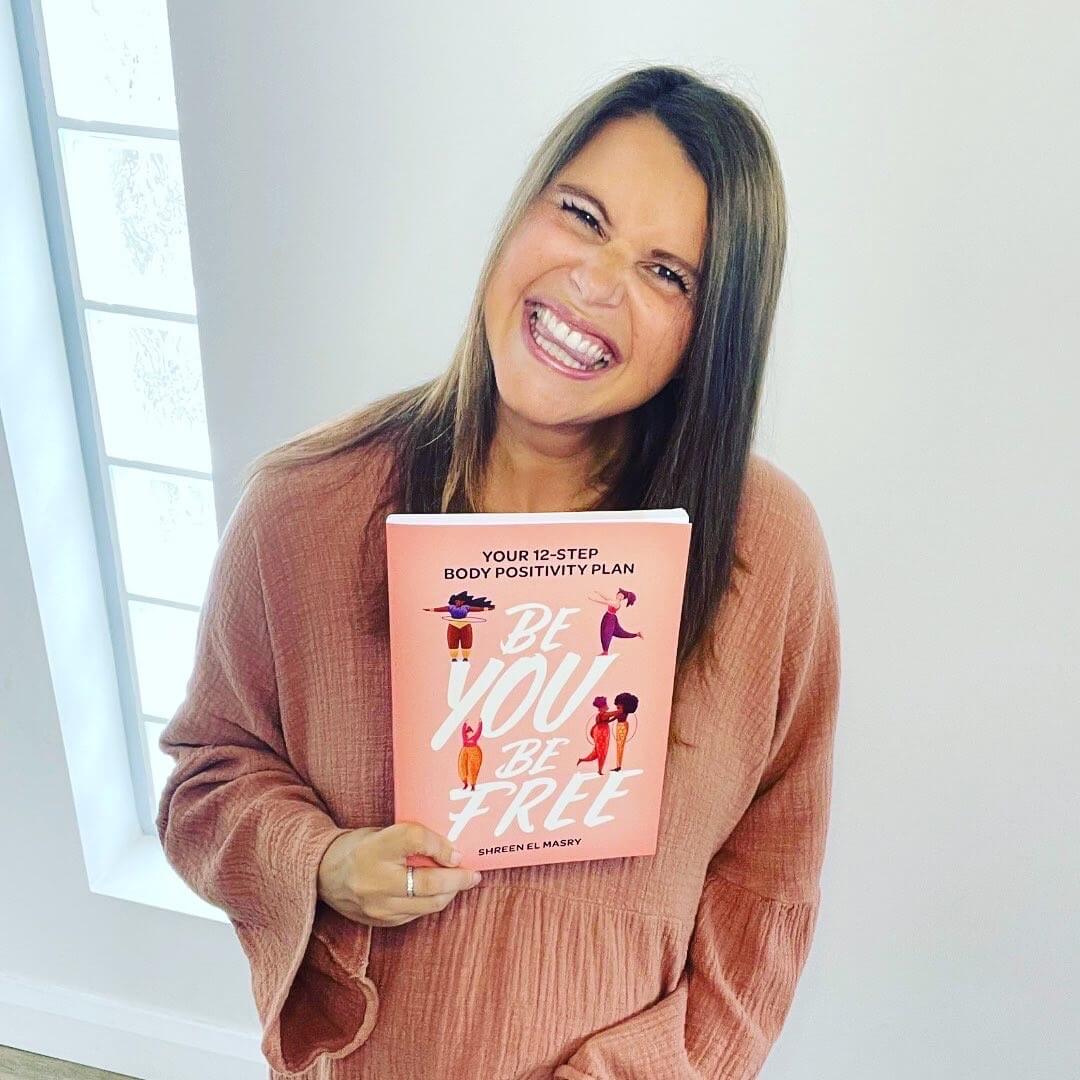IDAHOBIT: My story of navigating sexuality and eating disorder recovery
My name is Mitch, I am 29 and I have a lived experience of an eating disorder which slowly eroded every corner of my life between the ages of 11-24.
Throughout those years, I felt as though I neither lived nor thrived, but merely existed as a biproduct of what others thought I should be. I was nowhere near being ‘Mitch’ because it felt like ‘Mitch’ had no place in the world.
Throughout the early years of my eating disorder experience, the shame that I was feeling about myself and my body was exacerbated by coming to terms with my sexual identity as a young gay man. For years I felt like I was a puzzle piece, trying to fit into a number of different puzzles that weren’t my design. I concealed parts of myself at the direction of family members to appear “less gay” as they feared how they would be perceived by those close to them. I deliberately deepened my voice in groups of men and monitored my body language to appear straight. I was verbally shamed and physically threatened, all while at a time of living inside a body I despised.
The story I was telling myself between ages 11-24 was a toxic narrative in which I felt I believed I needed to change myself and my body in order to belong. I internalised the negative views of others and believed that who I was, how I looked and who I loved was defective. The eating disorder that I was experiencing and the homonegative attitudes I had internalised both shared one thing in common – ‘shaming a person until they no longer feel they have a place or a purpose’. At age 24, I made the decision to change the trajectory of my life and I decided to start writing a new story.
The first step was recognising that my story of coming to terms with my sexuality and navigating homophobia was not unique to me. Homophobia has run freely and untamed throughout our history, sanctioned across all corners of a heteronormative society under the guise of laws, traditions and religious preservation. As people, our sexuality was pathologised up until 1973, criminalised until the late 90’s, and up until 2017 we were not afforded the right to marry. Yet as a community, we have not faltered in our fight against homophobia at every level, and I recognised that whilst I was part of the collective narrative of oppression, I was also part of the collective narrative of rebellion, hope and overcoming adversity.
The journey out of an eating disorder for me was a process of reparation and acceptance. I felt my story had a home as one of the many that make up the tapestry of countless stories of people who have walked a similar path. Through recognising shared experiences of hardship, I began to recognise that the qualities of resilience, tenacity and the fighting spirit of the gay community in which I belong, were the very qualities I needed to embody in the journey out of an eating disorder. Slowly but surely, I began to realise that the work I needed to commit to within myself was to lean into deviating from the norm, for the norm was not the tribe that I belonged to. I began abandoning the search of finding a puzzle to fit into because I realised that I was already part of one – a remarkably colourful one at that.
As I cusp on 30, I now have a clearer sense of my place in the world. I am Mitch – free of mental illness and proud to be gay. I know now that homophobia is never a reflection of who we are, but of the ignorance of those in our society who may never see just how truly magnificent we are. I also know now more than ever that as a community, we have an obligation to welcome anyone and everyone, regardless of who they are, how they identify, what they look like and who they love. If we fail to accept those who are like us, we are no better than those who oppress us – when we take the high road, we must take everyone with us.
As a member of the LGBTQIA+ community, I recognise that diversity is our life source. The oppression that continues to exist in our society seeks to cut off the oxygen that makes our community special. I recognise that my story represents only one of many, and in order to achieve true equality, we must advocate for all voices within the LGBTQIA+ community to be heard as homophobia and discrimination does not exist in isolation to gay men
“True belonging doesn’t require us to change who we are – it requires us to be who we are” – Brené Brown





















